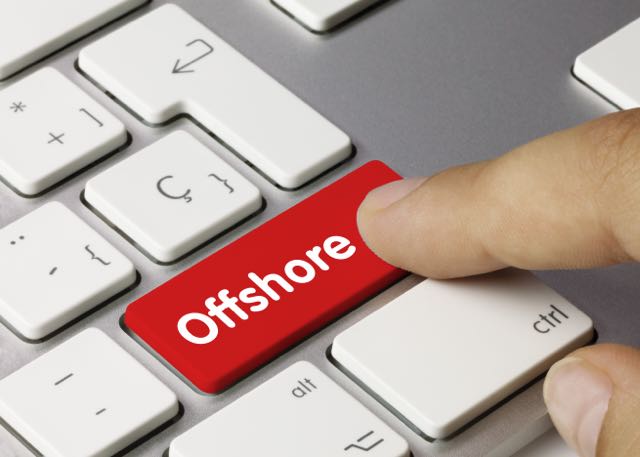Offshore Trust vs Offshore LLC
You’re ready to move some of your assets offshore. But, which structure is best? Should you set up an offshore trust or an offshore LLC? In this article I’ll compare the offshore trust vs the offshore LLC.
I’m focused on offshore trust vs offshore LLC. Both of these structures are meant to protect your after tax passive investments. If you’re going to operate a business offshore, then you will need an offshore corporation.
An offshore corporation can be held by a foreign trust. However, the trust may not operate a business directly. A corporation should hold the business and a trust can hold that corporation.
Also, an offshore IRA LLC is very different from a standard international LLC. An IRA LLC is a specially designed structure to hold your retirement account and only your retirement account. You can’t mix retirement money with personal savings and offshore IRA LLCs are single purpose vehicles.
Finally, there’s a hybrid structure called a foundation. These are available in Panama and Liechtenstein, with the vast majority being set up in Panama. A foundation is a mix between an offshore corporation and an asset protection trust. For a comparison of trusts and foundations, see: Offshore Trust or Panama Foundation?
So, this article will look at standard offshore LLCs compared to offshore asset protection trusts. These are the two most common asset protection structures for passive income and protecting after tax savings.
Two similarities both structures share are 1) the need to follow US transfer rules, and 2) the need to follow US tax rules.
US owners of offshore trusts and offshore LLCs must file foreign tax returns with the IRS. In most cases, the earnings and profits in these passive holding structures will be taxable as earned.
The tax return for an offshore LLC is much less detailed than for an offshore trust. Therefore, an offshore LLC tax return should cost you less in prep fees each year. Most LLC returns cost $850 while trusts are usually $2,500 or more.
For this reason, those looking to reduce carrying costs and annual fees will prefer an offshore LLC to an offshore trust. Also for this reason, we usually recommend a trust for those with at least $1 million in assets to protect.
Both structures need to follow US transfer rules. A fraudulent conveyance is a transfer made to keep money away from a current or reasonably anticipated civil creditor. In most cases, any transfer made to prevent the IRS or other US government agency from taking money away from you will also be a fraudulent conveyance.
This means that you can’t transfer money out of the United States and into an offshore trust or offshore LLC with the intention of protecting it from a current or reasonably anticipated civil creditor. A creditor is “reasonably anticipated” if the harm has occurred but they haven’t yet filed a case against you.
For example, if you hit someone with your car today, and send all of your money out of the US and into an offshore trust tomorrow, that’s probably a fraudulent conveyance that will be reversed by a US court. If you send your money offshore today and injure someone with your car tomorrow, that’s probably not a fraudulent conveyance.
The most important difference between an offshore LLC and an offshore trust is flexibility. An offshore LLC is meant to hold your foreign assets and investments and will transfer to your heirs through your US will. That’s all it does… hold assets and nothing more.
On the other hand, an offshore trust can be configured to your specific needs. An offshore trust provides maximum asset protection and estate planning. An offshore trust can give you access to large international banks that won’t accept lesser structures.
When combined with an offshore life insurance policy, an offshore trust can eliminate US tax on your passive gains. A US compliant life policy inside an offshore trust basically creates a massive tax free structure.
If you hold the policy inside an offshore trust until you pass away, then the assets will transfer to your heir tax free. If you cancel the policy during your lifetime, you’ve got tax deferral, much like a traditional IRA. If you hold the policy until your death, you get tax free, much like a ROTH.
But this flexibility means that it takes a lot more work on your lawyers part to build an offshore trust than it does to set up an offshore LLC. For this reason, a trust is usually 3 or 4 times more expensive than an offshore LLC.
I hope this article on offshore trust vs offshore LLC has been helpful. For more information, or to set up a confidential consultation, please contact us at info@premieroffshore.com or call (619) 483-1708. We’ll be happy to review your situation and help you to build a compliant and efficient asset protection structure.












Leave a Reply
Want to join the discussion?Feel free to contribute!